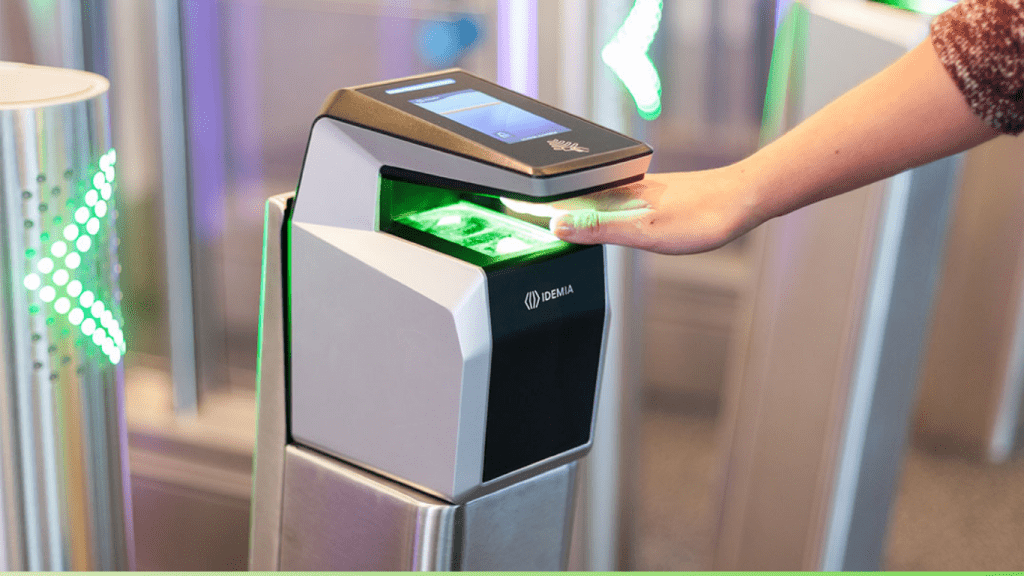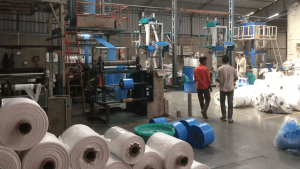
[ad_1]
ISLAMABAD: In a significant move to bolster border security, the Pakistani government has decided to install biometric machines at all airports across the country.
The Ministry of Interior has instructed the Federal Investigation Agency (FIA) to expedite the installation process.
This initiative aims to create a robust security framework, making it increasingly difficult for fugitives and wanted criminals to travel domestically or internationally.
The Ministry of Interior has mandated biometric verification for international travelers, ensuring effective passenger verification at international immigration counters in airports. This measure will help prevent individuals with malicious intentions from evading detection.
Biometric technology plays a vital role in enhancing airport security, efficiency, and passenger experience. Key applications include:
Face Recognition for Check-In: Facial recognition technology enables passengers to confirm their identity at check-in terminals or counters, streamlining the process and reducing wait times.
Fingerprint and Iris Scanning for Boarding: Biometric data, such as fingerprints or iris scans, can be linked to boarding passes, ensuring secure and seamless boarding processes.
The integration of biometric technology in airport operations yields a multitude of benefits, transforming the air travel experience. Foremost among these advantages is improved security, as biometric verification ensures that only authorized individuals gain access to flights, effectively minimizing the risk of unauthorized travel.
Moreover, biometric technology streamlines airport processes, enhancing efficiency and reducing wait times. Automated check-in and boarding procedures enable passengers to navigate the airport with greater ease, increasing productivity and efficiency for airport staff.
With the installation of biometric machines, Pakistan’s airports will join the ranks of technologically advanced airports worldwide, prioritizing security, efficiency, and passenger satisfaction.
[ad_2]
Source link





